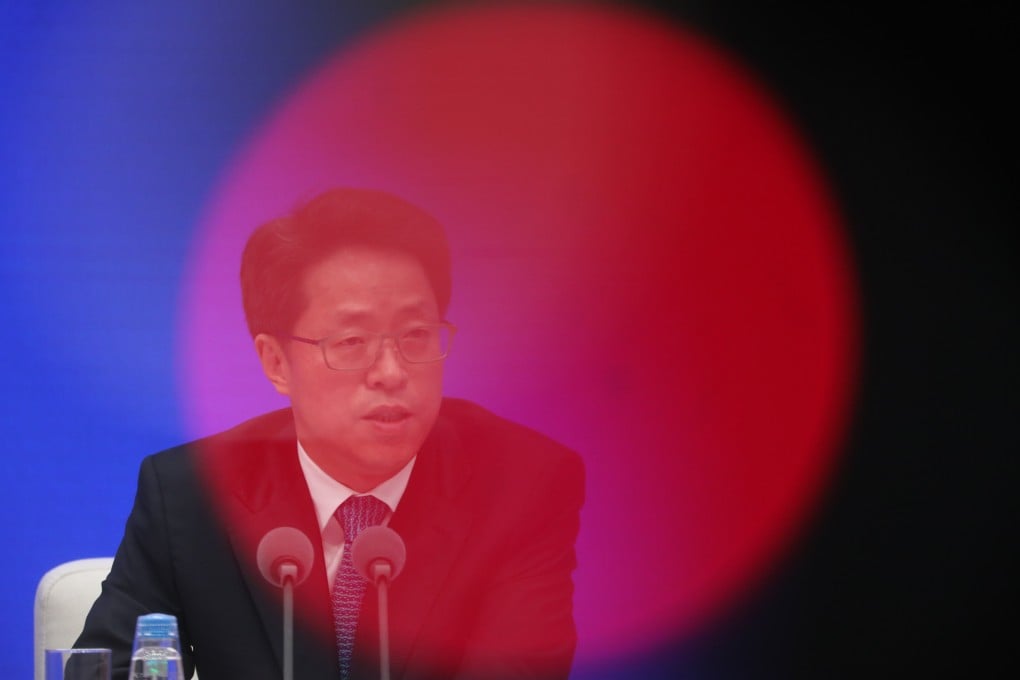My Take | Reforms have shattered Hong Kong’s democratic dream
- Officials admit that some Hongkongers will be disappointed by the changes to the city’s electoral system that were approved last week. That is putting it mildly

The District Council elections, held amid anti-government protests in November 2019, saw a record turnout and a landslide opposition victory. There were hopes the polls would set the stage for greater democracy in Hong Kong. But they have proved to be a landmark of a different kind.
Reforms approved by the National People’s Congress last week will take us back in time. They are intended to ensure only “patriots” will govern Hong Kong. But the changes also guarantee that landslide victories for the opposition will be consigned to the past.
The move has shattered Hong Kong’s democratic dream. As officials seek to “explain” the decision, it is worth recalling the result of what may be the city’s last truly democratic poll.
Votes were cast by 2.9 million people, 71.2 per cent of the electorate. Democrat candidates were favoured by 55 per cent of voters and won almost nine out of every 10 seats.
The people of Hong Kong had conveyed a strong message. But the result, at a time of often-violent civil unrest, was too much for Beijing. Moves were soon under way to reform the election system to ensure candidates deemed to be “anti-China troublemakers” would no longer be able to stand.
The reforms will see the Election Committee expand to include even more government supporters. The committee chooses the chief executive and will, in future, also vet candidates for the legislature. Some of its members will sit in Legco for the first time since 2004. A new committee will ensure candidates are sufficiently “patriotic”.
The distance between the government and the people has been at the heart of Hong Kong’s troubles since the 1997 handover
Hong Kong people still get to vote in Legislative Council elections, but not necessarily for the candidates they wish to elect. Officials admit some will be disappointed by the changes. That is putting it mildly.
